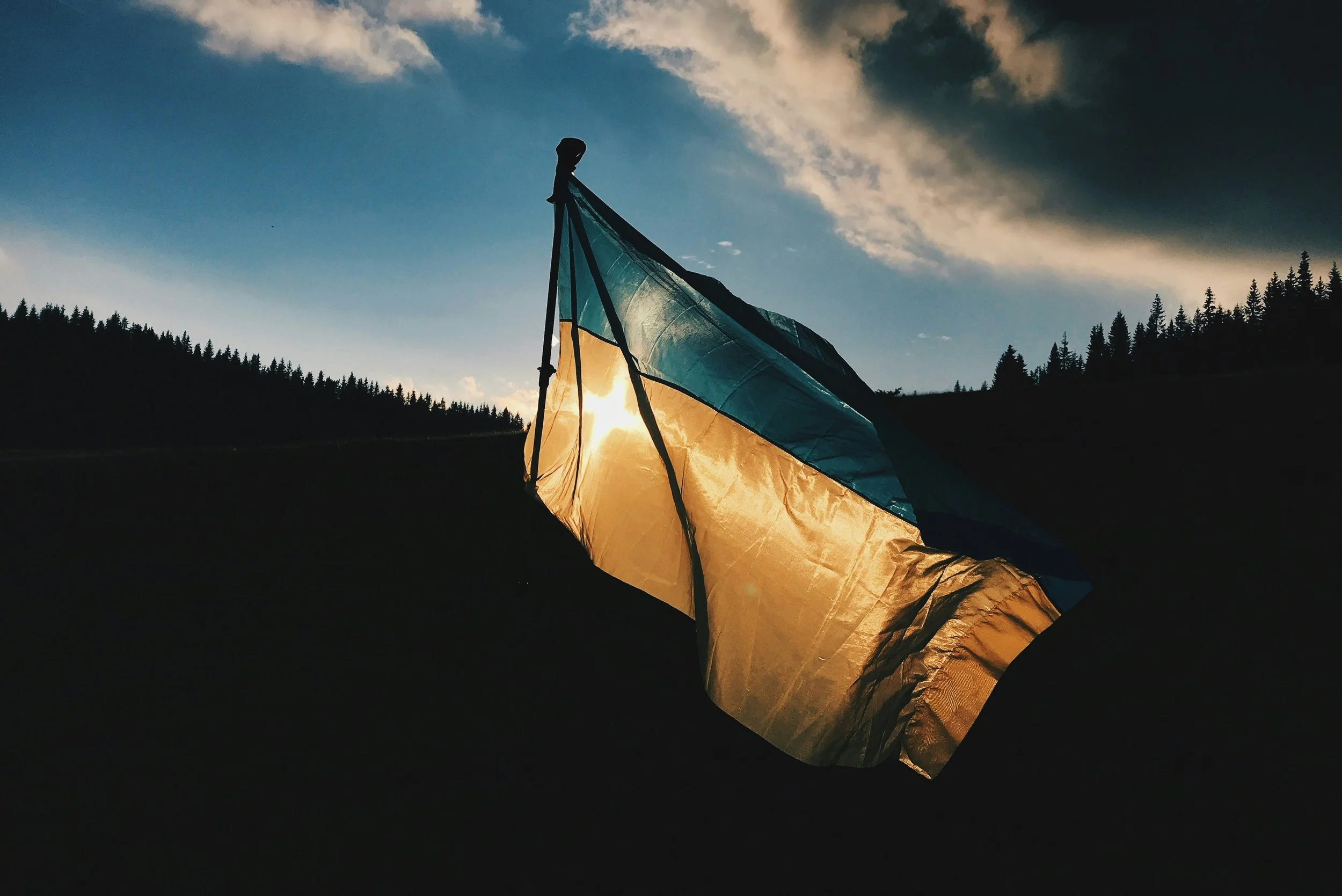This International Women’s Day, never has there been a time when women’s rights have been more challenged.
Since 1915, the question of women’s rights in areas of conflict and post conflict times has posed many obstacles
Many countries and people have worked very hard over the last hundred years to get some resolution on the issue of women being used as a tool of war. There has been a focus to involve women in peace talks at every level. Recently, with the support of Secretary of State Hillary Clinton and Foreign Minister Lord William Hague, we saw more concrete agreements by countries in the United Nations.
In times leading up to conflict, during conflict, and post conflict when families are trying to flee war torn areas, the institution of education is often completely lost. Many times the schools become headquarters for the peacekeepers. Furthermore, only 2% of humanitarian aid is spent on education. What does that say to all of those families and individuals disrupted? Millions of people are deprived of education, but education is critical - as critical as food and nutrition. Without education, the future negative consequences to these victims continue. It is very difficult to makeup a lost education to these people.
Women and children suffer the most during global displacement
The numbers of displaced people has not been this high since 1945. The majority of displaced people are women and children who have no access to a home, food, clean water, and education. It is an adversity that women assume the brunt of childcare and often becomes ill in these inadequate situations. There are few hospitals and/or medical assistance, and children are most vulnerable with the lack of security, safety and nutrition.
Every day that a child misses proper education and nutrition, their long-term life is marred. This is a heavy burden on the mothers that are just trying to survive and who worry about the futures of their children.
Women and children a priority in peace talks
The United Kingdom has played a leading role with Scandinavian countries and others to ensure that peace talks include the rights for women and children. The focus is not just on peace and rebuilding, but also on women and children suffering the consequences of conflict. Part of the peace negotiation talks include safety and nutrition, opportunity to flee war torn areas, medical facilities for illness, disease, wellbeing and prenatal, access to education, and investment to rebuild communities and create jobs.
What Brexit means for women
Another threat to women in the UK is the result of the referendum with Britain leaving the European Union. This vote casts a shadow of doubt on the stability of human rights of women, maternal/paternal leave, equal access to employment and salaries, and many other issues that make the United Kingdom a recognized leader in the world. Many women around the world have united to ensure more balanced rights of women on topics ranging from equal access to education and medical services, to including 30% representation of women on corporate boards.
We must work together globally to ensure the rights that women have fought to gain over the years are not taken away and we must continue to strive for equality. We have to build an equal future with men and women working equally around the globe.


